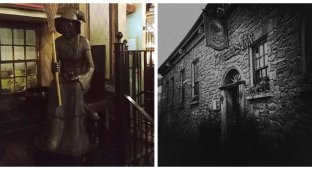Tituba: the mysterious character who activated the Salem witch hunt (10 photos)
The Salem witch trials are remembered as one of the bloodiest and saddest pages in history. During the trials, much of the northeastern part of the colonies was gripped by fear and paranoia due to the Puritan ideals of the time. Suspicions arose of witchcraft and devil worship, which were punishable by death according to Puritan customs. 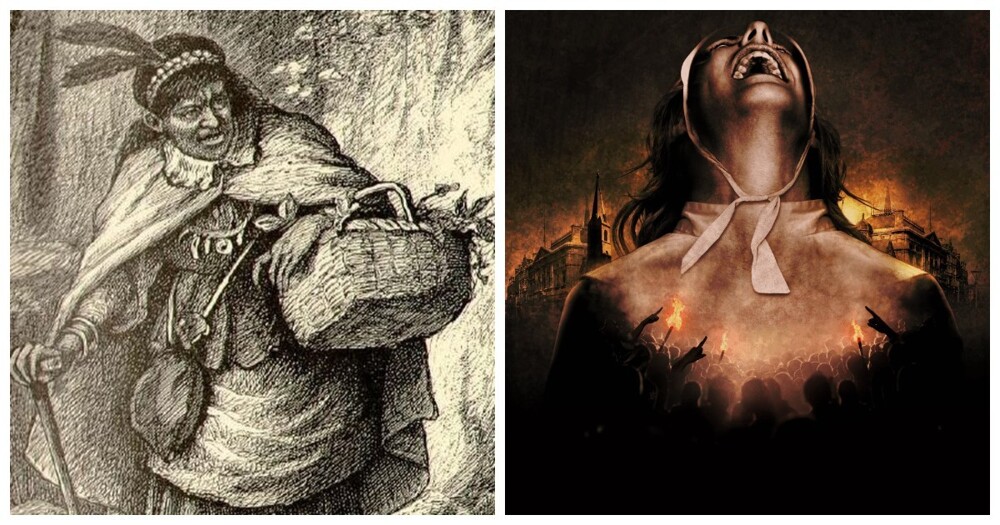
The spark that ignited the subsequent bloody process was a woman named Tituba. 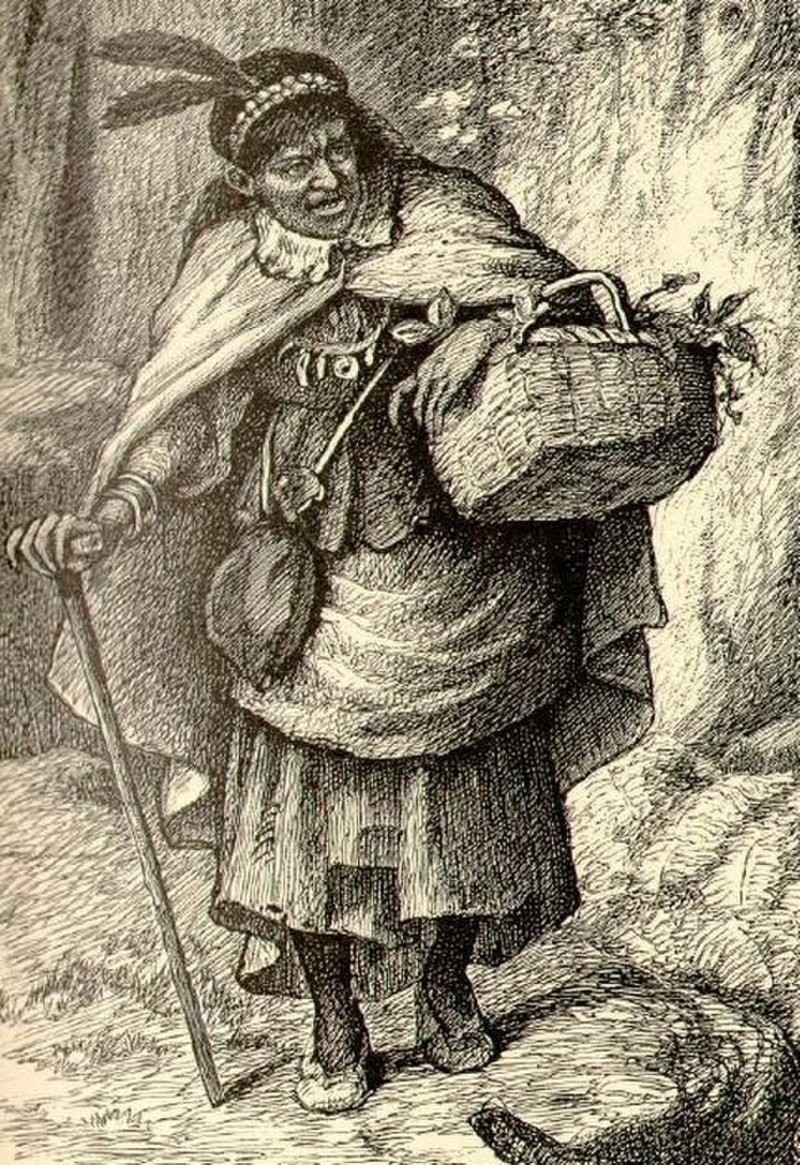
Tituba
Little is known about Tituba's early life. However, historians agree that she was the child of an indigenous tribe in Central or South America, perhaps even Barbados. At some point, she was enslaved and sold to the Thompson plantation in Barbados, where she became a cook. 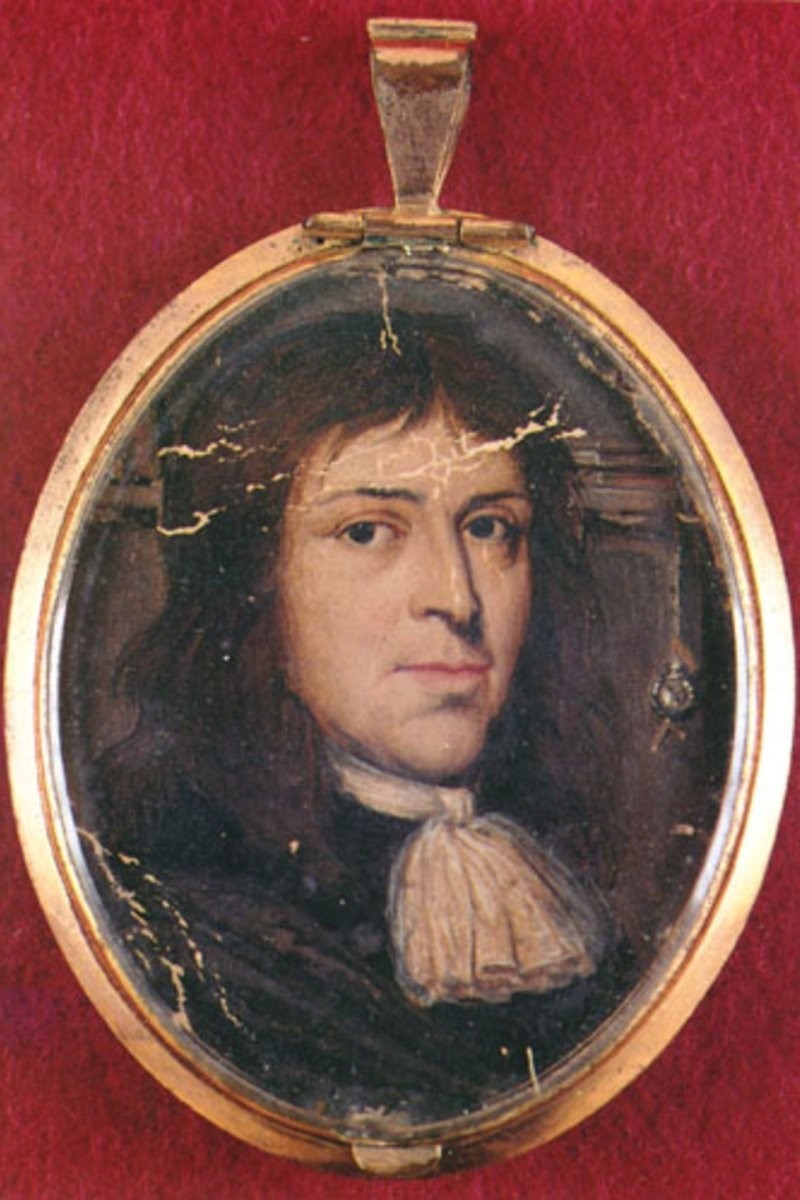
Pastor Samuel Parris
After the death of the plantation owner, Tituba fell into the hands of Samuel Parris, who brought the woman to Massachusetts in 1680. Her participation in the subsequent witch trials played a decisive role: she became one of the first to be accused of witchcraft. And it was Tituba’s testimony that formed the basis of the entire subsequent case and trial.
In 1689, Samuel Parris became pastor of the village of Salem and moved his family there. Tituba went with them and spent time taking care of his children. She was especially close to nine-year-old Elizabeth, whom her family affectionately called Betty. 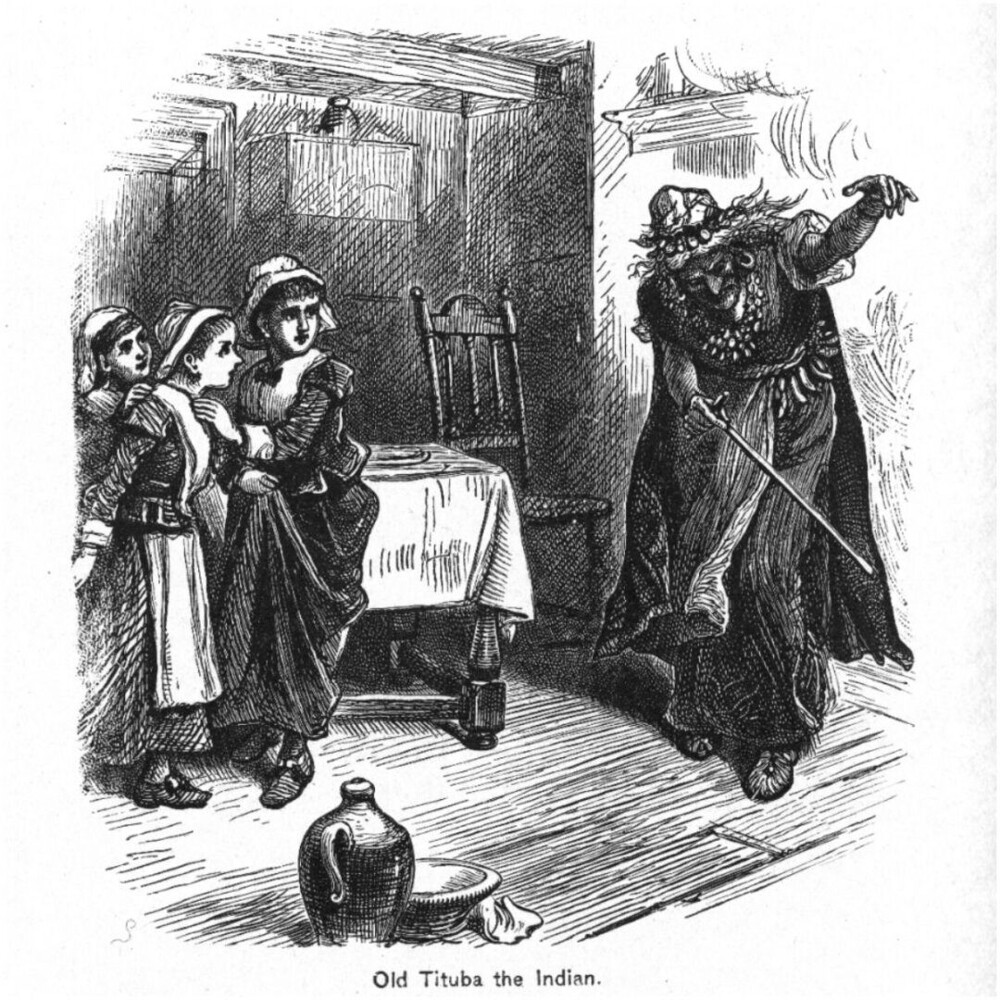
In early 1692, Betty and her cousin Abigail Williams began experiencing bouts of pain. They also inexplicably disappeared for some time. The girls screamed, hid under tables and beds, periodically taking strange poses. They also complained that someone invisible was stabbing their bodies with needles and pins. Doctors were unable to find out the cause and claimed that they must have been bewitched by witches.
The girls accused Tituba and two other women - the kind of outcasts Sarah Good and Sarah Osborne - of being witches because they saw these women during hallucinations. This was accepted by the courts of the time as evidence that was considered strong evidence of witchcraft. 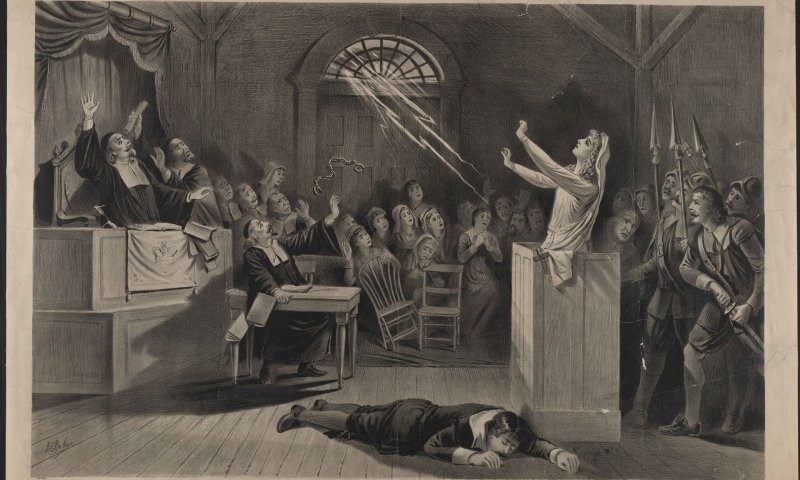
During questioning, Sarah Good and Sarah Osborne strongly denied the charges brought against them. But they were not prepared for what lay ahead. Tituba took center stage in the trial and gave colorful and compelling testimony in which she argued that the devil had come to harm children. Moreover, he had accomplices: two women who also appeared in court.
There is an account of her testimony in which Tituba is quoted as saying: “Sarah Good and Sarah Osborne wanted me to harm the children, but I didn’t... No, these are four women and one man, they harmed the children, and then they blamed everything on me. And they told me that if I didn't harm the children, they would harm me." 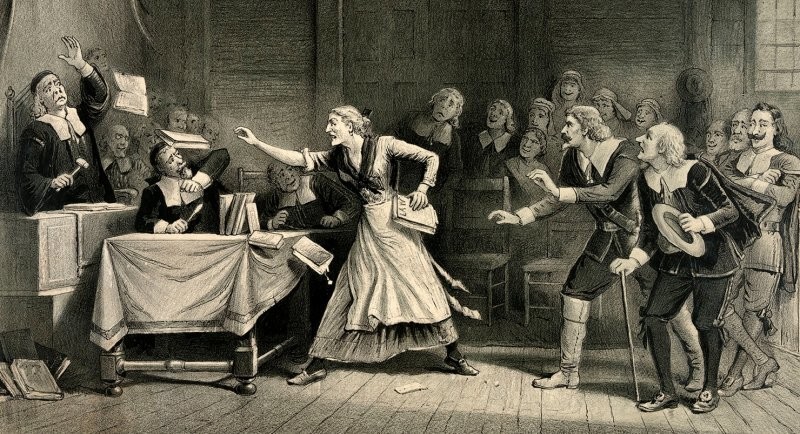
Even without an education, Tituba was able to put enough emotion into her testimony so that the seeds of suspicion thrown into the fertile soil of the minds of the inhabitants of Salem bore rich fruit.
Tituba continued to testify to include more “conspirators.”
Tituba's story was gaining momentum. She went from two conspirators to four, nine. Gradually it reached almost five hundred. Each time the woman was questioned, the story changed, making her more valuable to the court. 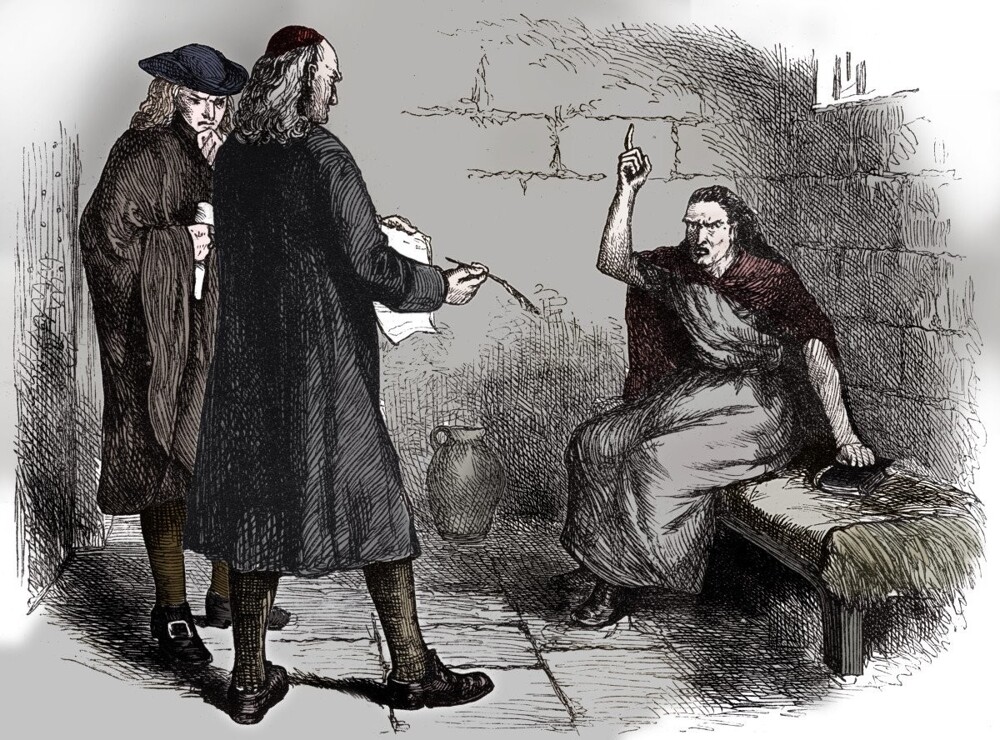
The testimony contained descriptions of creatures that stood next to the devil. She also talked about a book filled with the names of people who made a pact with the devil. And while Tituba allegedly couldn't decipher names other than those of the first two women, that ambiguity meant she could continue her story to blame anyone.
By the end of the trial, 19 men and women were hanged for witchcraft, and another 5 died in prison. Tituba herself was put behind bars. Her statements helped to divert attention from her. 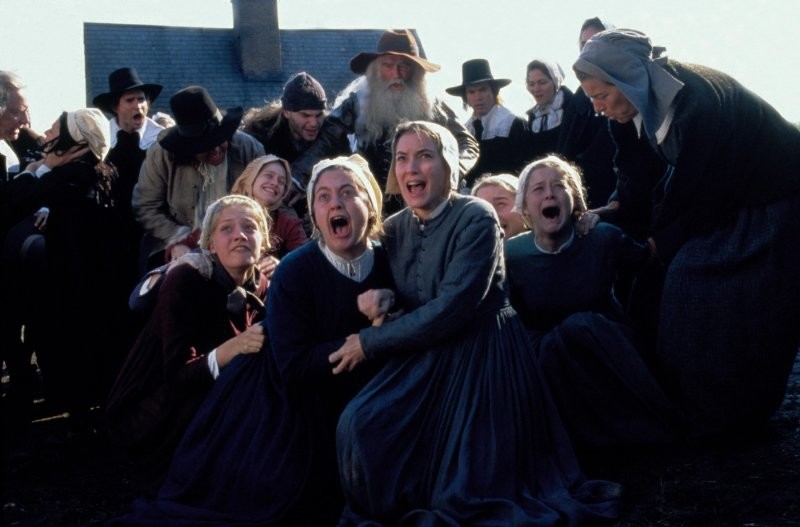
Still from the film "The Crucible" based on the story of Tituba
While Tituba wasin prison, many people confessed their sins, using fragments of her testimony to add credibility to their own testimony.
In the end, Tituba tried to take back her confession, saying that she testified because Samuel Parris beat her and told her to lie to her fellow villagers. When she was put on trial for consorting with the devil, the jury decided to acquit her. The prison fines were allegedly paid by a secret sponsor. Together with this unknown benefactor, she probably left these lands. 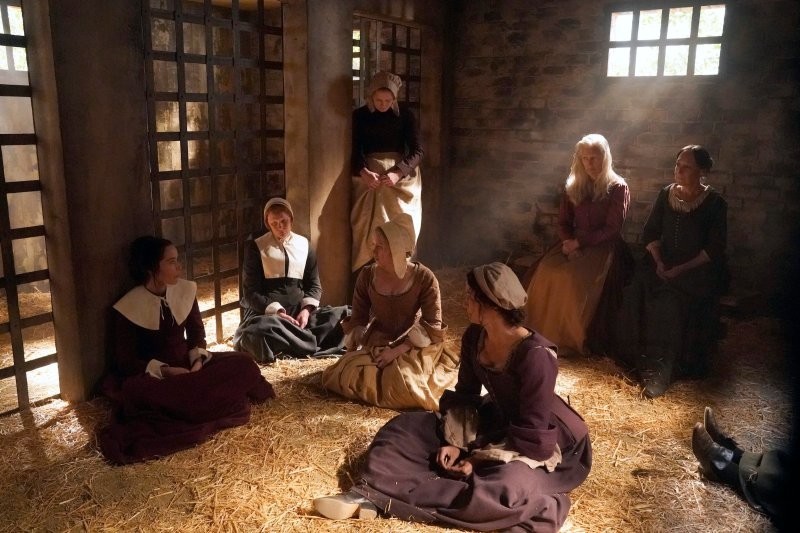
Still from the series "Salem Witch Hunt"
There is no further information about Tituba's subsequent life, but her role in history continues to be the subject of study by inquisitive minds.
As for the girls with whom it all began, modern researchers have suggested that the cause of hallucinations and behavior could be poisoning from rye bread contaminated with ergot, lethargic encephalitis and, worst of all, just childish fun - a slander that resulted in dozens of lives taken. 















